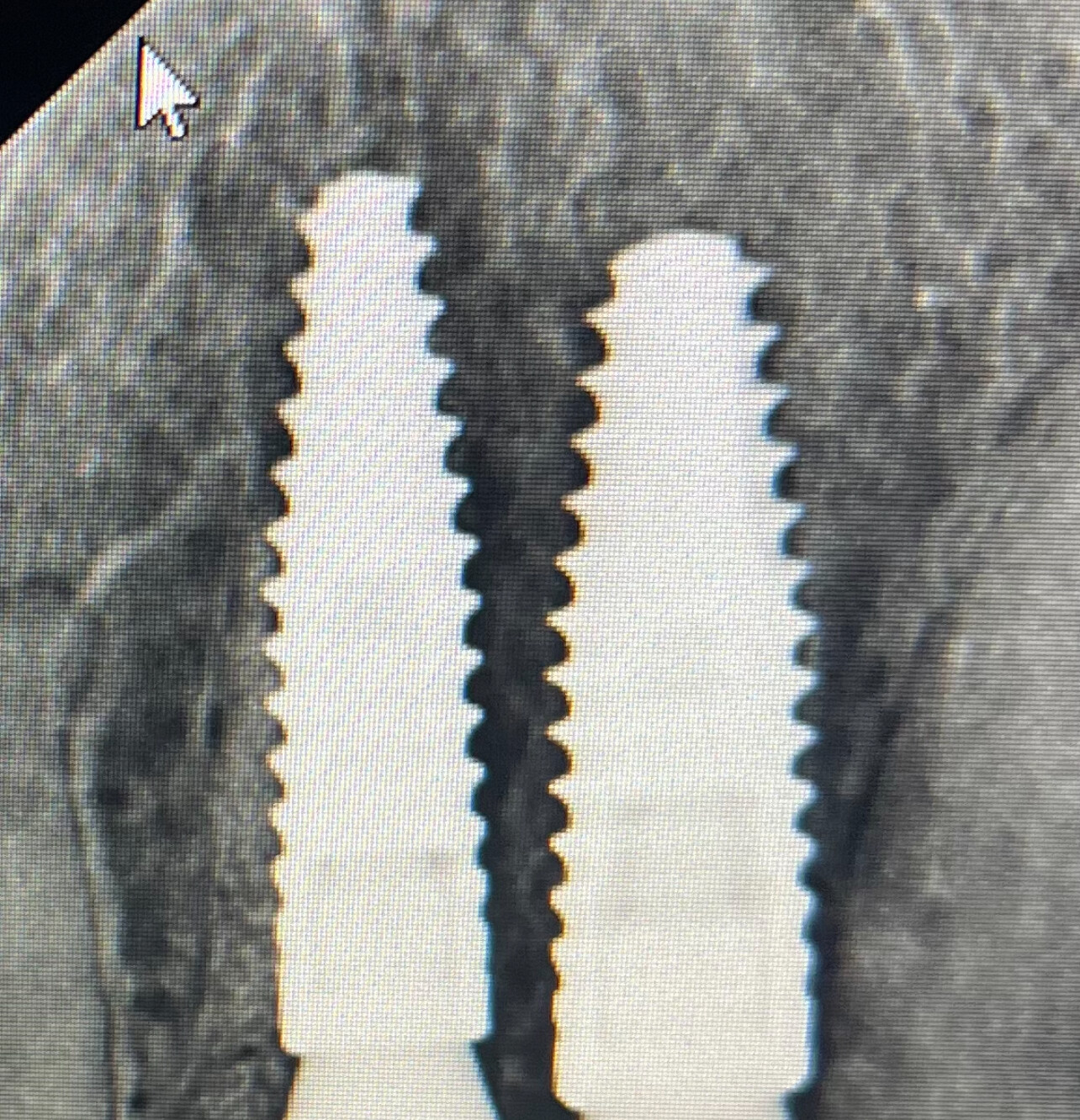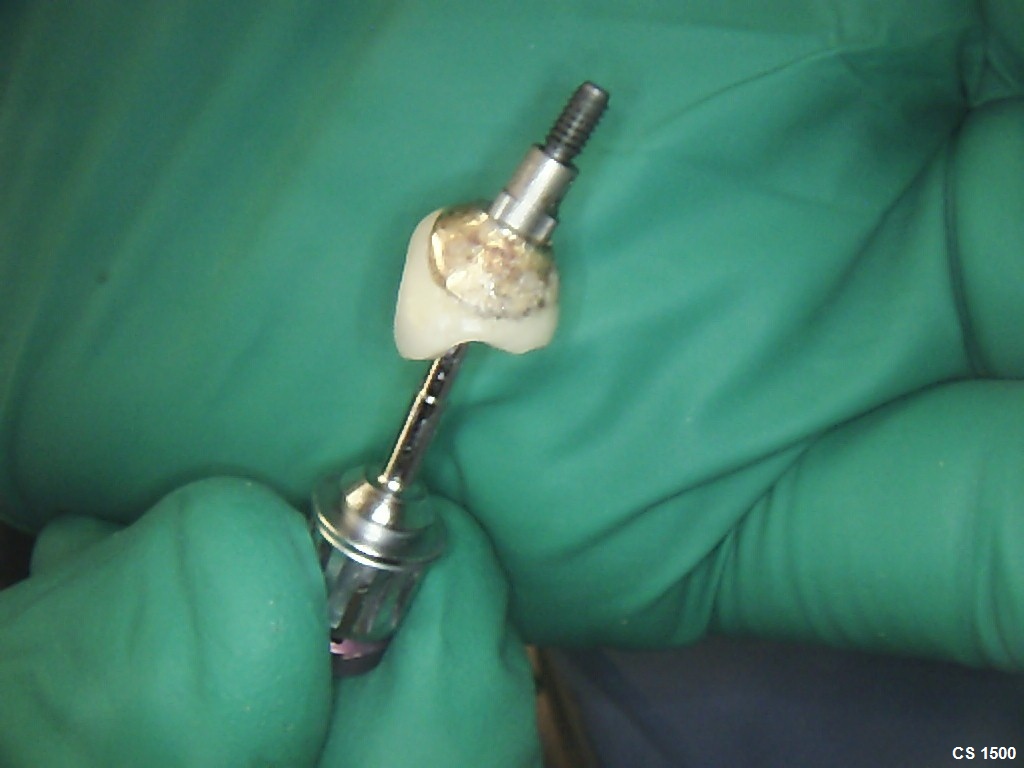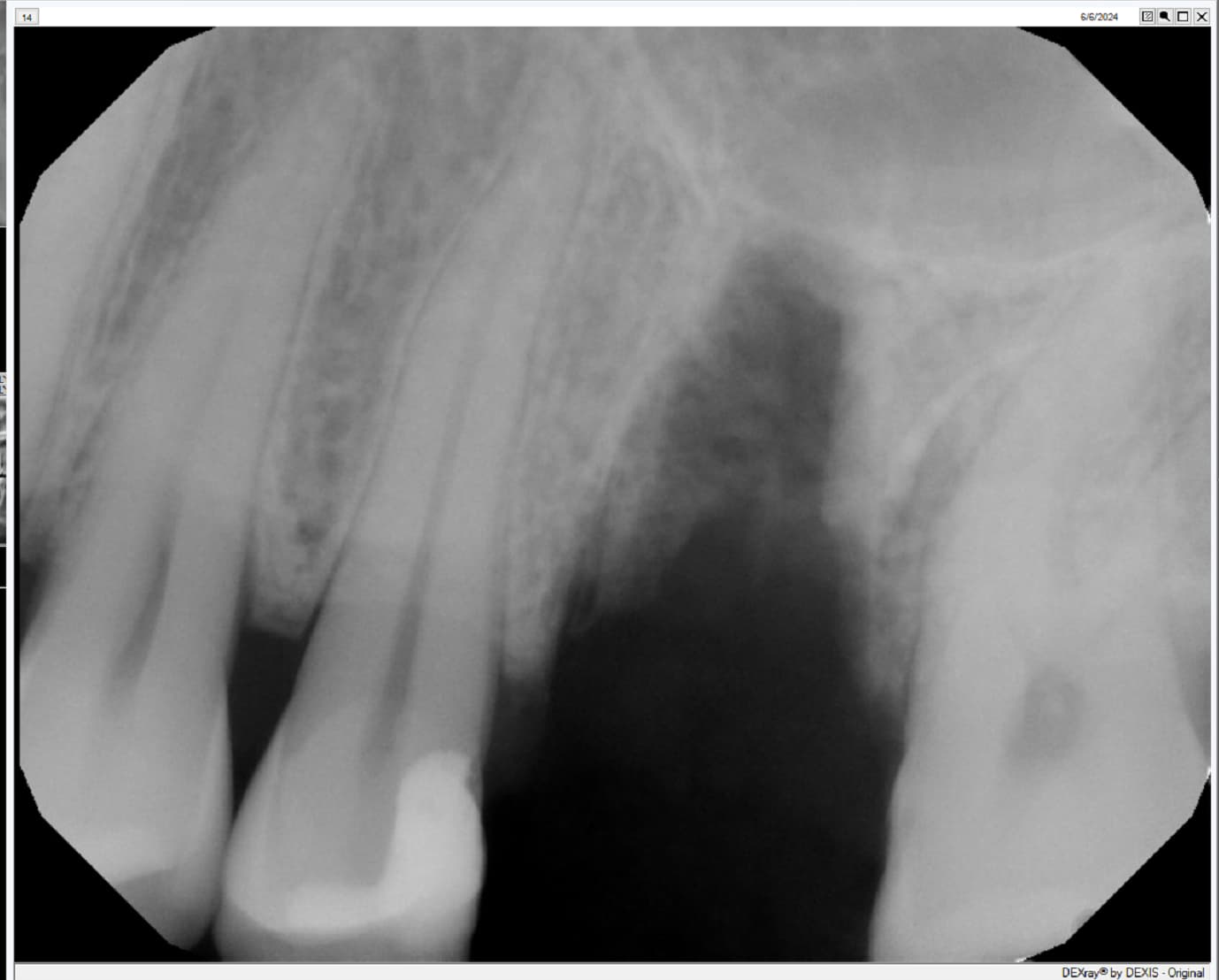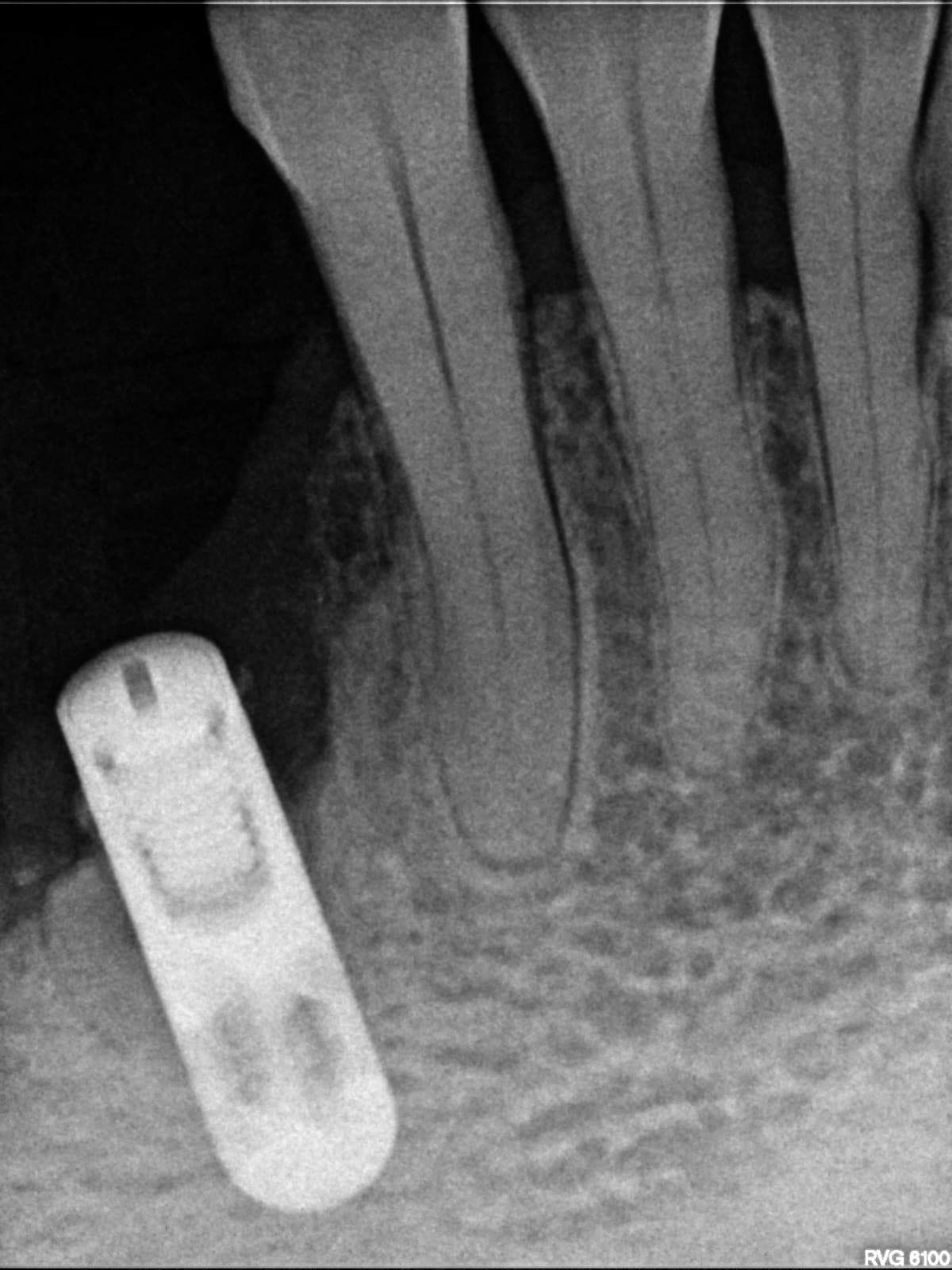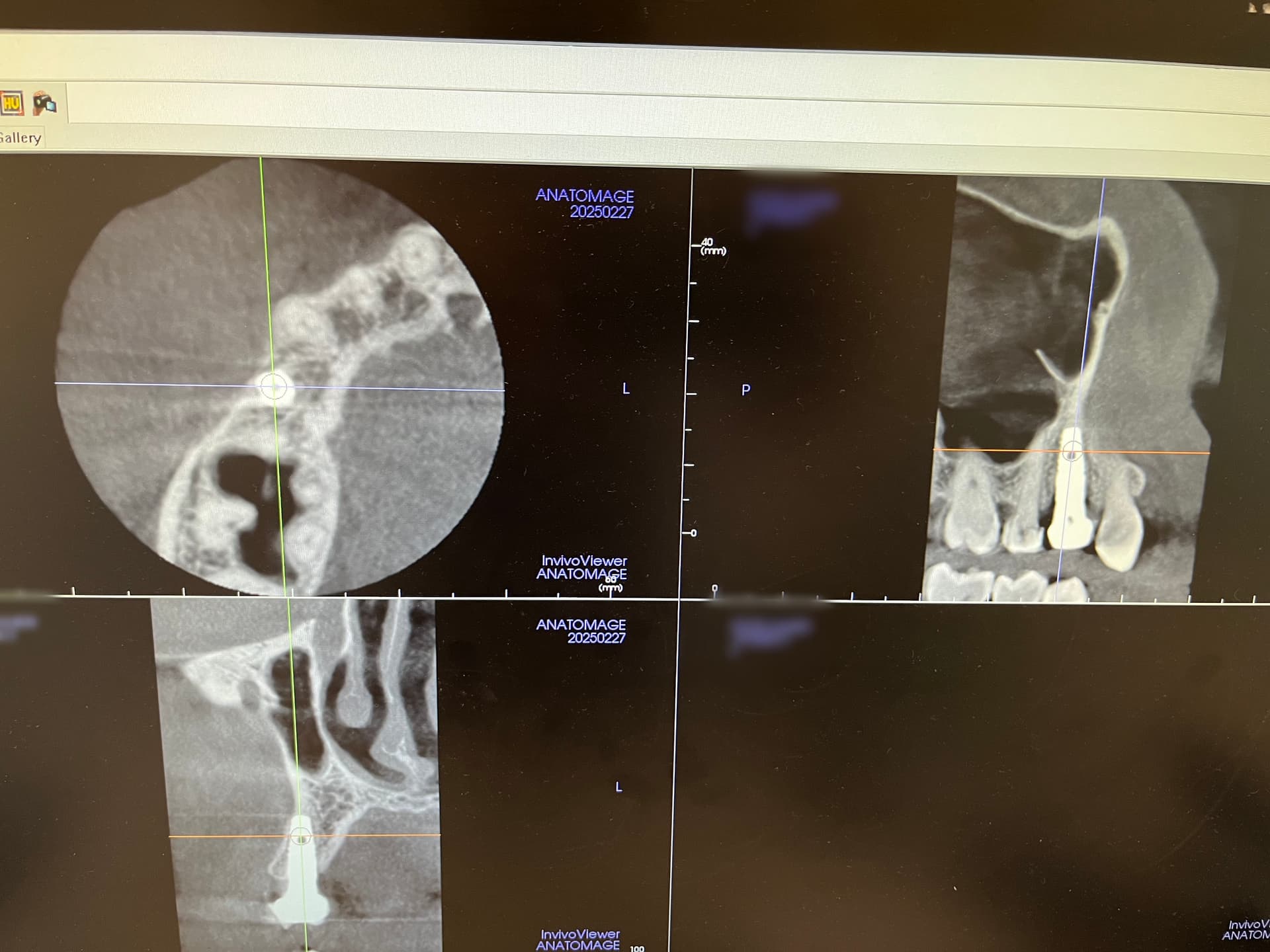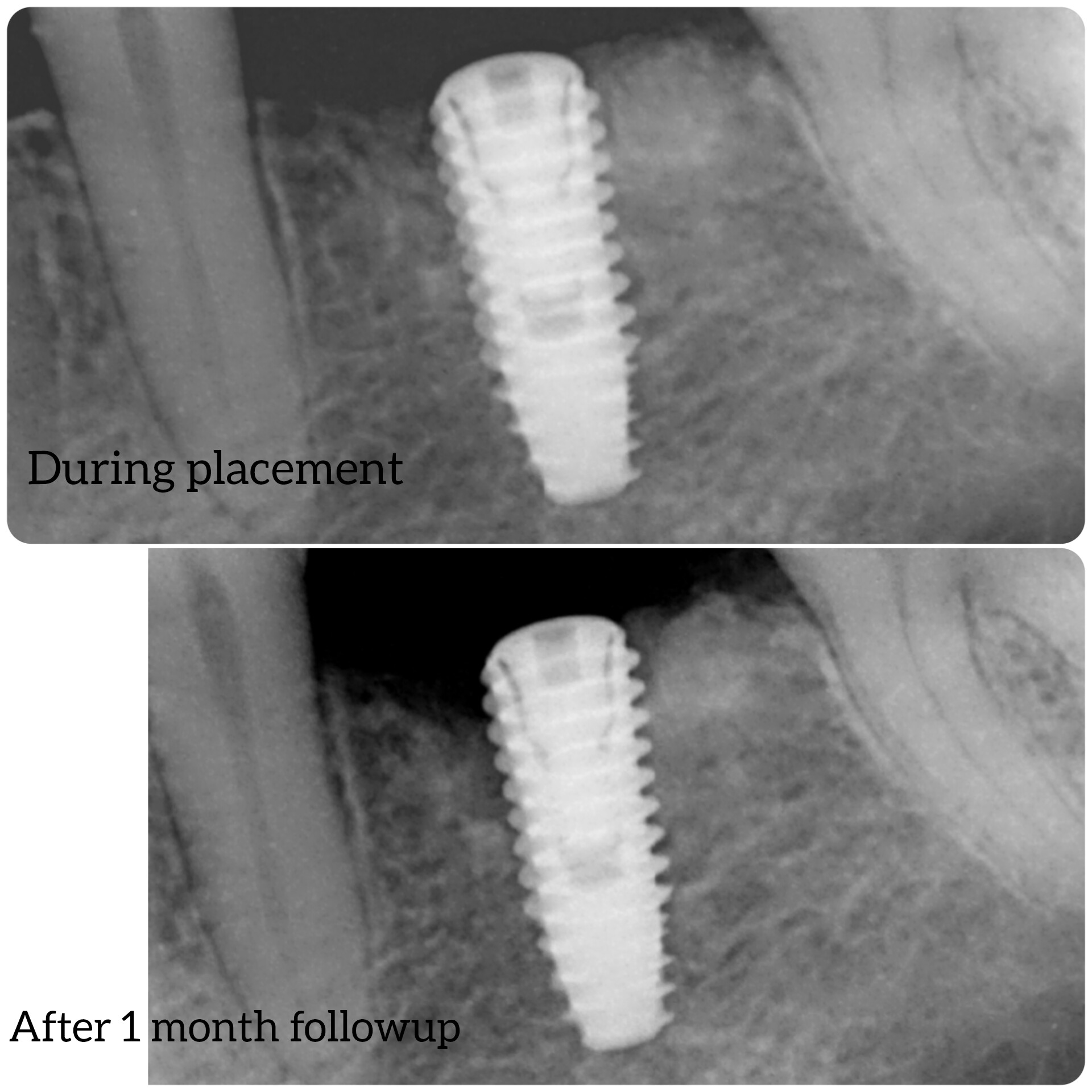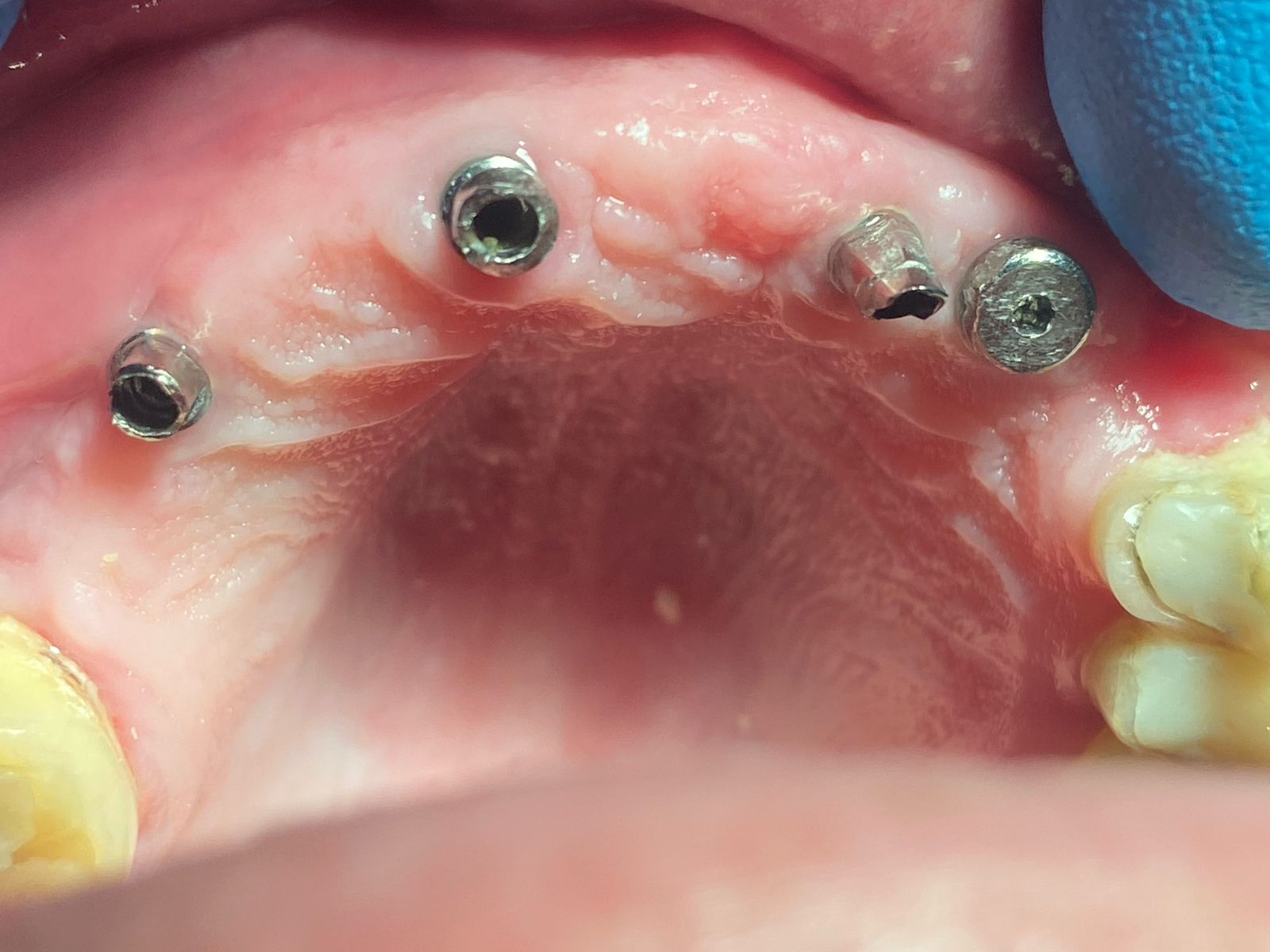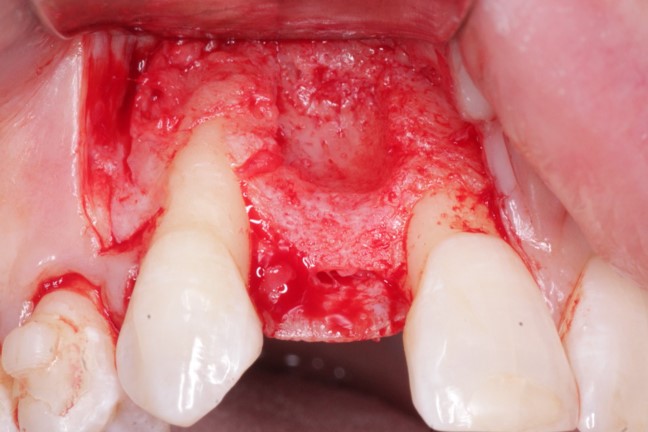Bone Grafting: Should This Just Be Restricted to Specialists?
Dr. L. asks:
I know that discussions about who can place implants, can generate alot of heated debate. But, my question is whether the same concerns are appropriate for bone grafting in implant surgical cases. My belief is that bone grafting is a complex and highly specialized kind of procedure. This is not something that is generally taught in undergraduate dental school programs but rather in post-graduate training programs in periodontics, oral surgery, etc. Is it in accordance with the standard of care for general dentists to do bone grafting at the time of implant placement or for site development and socket preservation? Or is this the kind of procedure that should only be referred to an oral surgeon or periodontist?
19 Comments on Bone Grafting: Should This Just Be Restricted to Specialists?
New comments are currently closed for this post.
victor ho dmd
2/15/2011
Anyone can do anything they want in dentistry, including bone grafting. But if you have a complication, you are held to the standard of care. And if you get sued, they will always ask what is your training to perform these grafting procedures. The easy reason for referring these grafting procedures to oral surgeons and periodontists is that they have been trained to do these procedures and can handle all complications. I do know general dentists that do grafting procedures and actually some are pretty good. My general dentist friends took a lot of grafting courses and observed a lot of procedures and built his confidence slowly.
My best answer is do what you are trained to do and don't put your patients at risk.
Carlos Boudet, DDS
2/15/2011
Dr. L.
A general dentist is in a position that enables him or her to be the diagnostician and planner for his patients.
If you have not received training in implantology in your undergraduate education, then it is up to you to get the necessary training that will allow you to make the right decisions for your patients.
Even if you choose not to include the surgical aspect of implant dentistry in your practice, you have to incorporate the knowledge into your practice.
General dentists have always been at the forfront of implantology and many of them have trained themselves extensively and are very capable of handling complex bone grafting surgery.
Socket preservation is a very simple procedure, and one that every single general dentist should be doing routinely.
Lastly, the standard of care does not differentiate between GP's and specialists, it applies equally to all of us.
Joseph Kim, DDS
2/15/2011
I guess Hilt Tatum (GP), Carl Misch (Prostho), and Philippe LeClerq (GP) should not be allowed to do bone grafts.
It is ridiculous to think that grafting should only be done by OMFS or Perio. How many Periodontists have learned GBR or onlay grafting in their residencies prior to 2001?
Adequate training, case selection, and experience should be the only determinants of who is doing the graft.
Gary Henkel
2/16/2011
my response as someone who has taught bone grafting for a number of years nationally and internationally is absolutely not. and i disclose that i am a general dentist, so you may find that biases my opinion. and perhaps it does. But let's think about this. The time to consider grafting and augmentation is at the time of extraction. If we are serious about ridge preservation, that's when it needs to happen. Who is doing most of the extractions? (hint: not o.s.) Obviously, certain grafting procedures may require specialist expertise. but when one makes a broad generalization like the proposed question here, it just does not make sense.
Doogman2
2/17/2011
Do not allow states to legislate such restrictions. Malpractice carriers already influence our ability to practice far more than their expertise allows. Like many other aspects of our chosen field, procedures like grafting will become less complex and more predictable as, for example, growth factors are incorporated into the mix.
Dr. Mehdi Jafari
2/18/2011
In my opinion,grafting at any area of the mouth lies within the scope of general dentistry and commencing any turf war in this thread seems to be absurd.The argument,though,rests in hesitation when it comes to GRAFT HARVESTING.If the bone graft is supposed to be harvested from a donor area within the confines of the alveolus,I don't see any problem with it being done by a general practitioner.However,if the donor area is some place like calvarium,iliac crest,ribs or even the coronoid process,I believe that an oral and maxillofacial surgeon should come along.C'est mon avis.
Richard Hughes, DDS. FAAI
2/18/2011
If one can perform said procedures...fine. If not refer. Always do what is best for the patient and also practice in your comfort zone. This applies to implant procedures, perio, os, ortho etc. Sometines a good GP is hard to beat, sometimes a specialist is hard to beat and sometimes they both can be a bad choice. It depends on the skill etc of the Doc.
Mario Marcone
2/20/2011
There is, to date, no official specialty calling any dental practitioner an IMPLANTOLOGIST, by degree. Oral surgeons are trained to be oral surgeons, and periodontists are trained to do periodontics. But does that signify that they are implantology specialists because of their specialty degree? No. In fact, these "specialists" may not necessarily do the best implantology. A general dentist is trained to do general dentistry. And, a general dentist with adequate post-graduate traininig and focused continuing education may be a very good "implantologist", or he may not. It all depends on the individual practitioner's level of skill, experience, dedication, and so on.
Ljungberg
2/22/2011
It's just a liability issue. Success rate is just a statistical matter; figures cannot explain why a down-to-earth dentist succeeded and why a specialist failed.
Certainly, specialist training and experience would be crucial in improving success rate but these were not scientific enough to exclude the licensed ones to practise.
Kuy Ky
2/23/2011
A true test if the dentist is competent to perform the procedure, given the same senario, will he/she operates on his/herself?
If the answer is "yes", the patient should feel very safe.
If no, refers to someone well trained.
abc
2/23/2011
I agree to some of the doctors here who posted their comments earlier that your practice should be limited to what you can and cannot do. We should perform procedures that we are trained to do and refer the cases that are not our expertise. I believe that the patient will be more than thankful for your honesty that you are here to serve him or her to the best of your abilities. We doctors should be working together because we can learn something from each other. A GP can learn from a specialist and so can a specialist learn a thing or two from a GP. Let's not underestimate the skill of a GP because he or she may not be formally trained, but he has the skill. Besides, where else do surgeons get their referrals to, from GP's. Correct? My advise on the other hand for GP's is to be more thorough when you do your procedures. Don't be too agressive in performing these surgeries. It may sound so simple during lectures, but when you do the hands on, it's more difficult. If you are serious in perfecting your craft, attend courses and have an experienced surgeon guide you in your surgeries.
Richard Hughes, DDS. FAAI
2/23/2011
The success of bone grafting depends on many aspects. Both GP and specialists can perform said procedures. Remember, the less wall in the defect, the greater the skill required, the greater the cost and the greater the chance for complications or failures. Sometimes pink porcelain or pink acrylic is OK. ALSO, SUCCESS GREATLY DEPENDS ON PATIENT COMPLIANCE AND SYSTEMIC FACTORS.
dream dds
2/23/2011
Good comments. I am a GP and teach others surgical techniques. Take it seriously and go to hands on cadaver courses and live patient courses. It is not rocket science. All surgical dental procedures have two MOST important components: 1. Flap design and 2. Flap closure......its not about the bone or the implant.
Sincerely
Leonard
Dr. Mehdi Jafari
2/25/2011
Excellent.See you soon in the court.
Dr. AB
2/25/2011
I think you should ask yourself before you start grafting: Can I deal with potential complications? If the answer is no, refer.
Peter Fairbairn
2/26/2011
Neither my mentor or myself with a combined 60 years of implant experience have harvested autogenous bone in the last 7 or 8 years . Materials and
techniques are moving on for the benefit of both the dentists and the patients alike.
Lower risk and higher patient acceptance and yes we are both GPs.
Think
2/28/2011
The prior and most important question is:
Which graft material should be used?
Use something that will resorb into human bone without biological risks from cows or pigs?
Or do you prefer a hard stone in the jaw and something unresorbable that could spread everywhere in the body?
What is about the patient suffer?
Kind regards
Think
Dr. Dan
3/21/2011
Dear Dr.
The bottom line is this: Do you know what you are doing and are you prepared to defend yourself in the court of law if something were to go wrong?
I am a specialist. I never tell GP's "they can't do something." I just tell them that if you choose to do something that a specialist ought to do, to be aware of the consequences that can take place and know what to do about it if something should terribly go wrong.
Good luck
Manosteel
4/6/2011
I completed Carl Misch's prosthetic and surgical programs. Taken Piko's grafting course and umpteen zillion other courses as well as being an active member and Fellow of the ICOI. I also have a Certificate in Prosthodontics. Most of these courses I have taken have been composed of about 2/3 OS and Perio, and 1/3 GP. So if those GP'S are getting the same training as the OS's and perio guys then they should also be able to do implants and BONE GRAFTING. Usually OS's and perio think they are of some kind of superior mentality that no one else can have, but they don't have a monopoly on learning anything! so If a GP has the training, background, desire and intestinal fortitude then he should do the grafts










